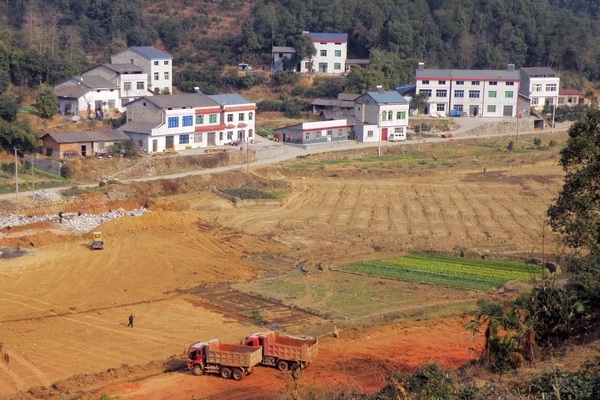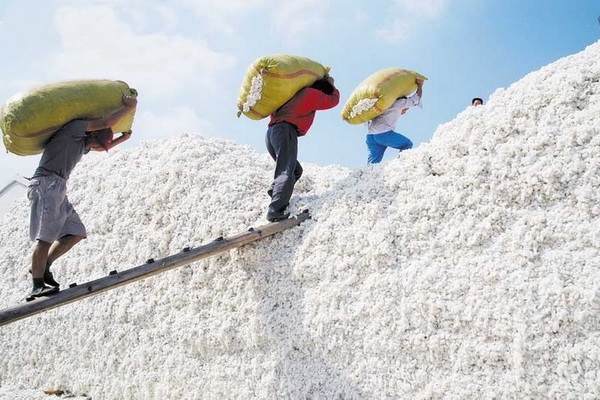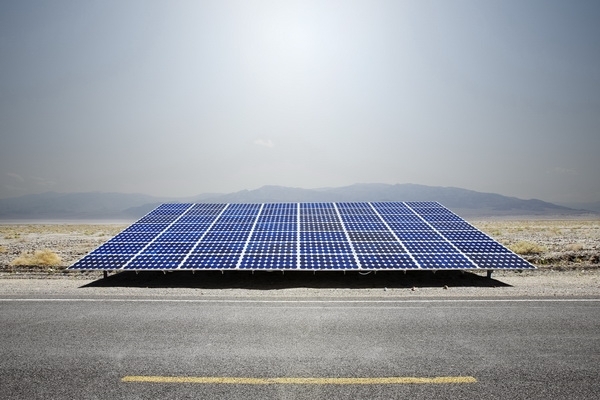

Highlights from the EO print edition, No. 580, July 30, 2012

Farmers Swap Land for Social Welfare
News, page 3
~ In addition to a "fair" payment, farmers whose land has been expropriated by local governments will either be offered a job or be covered by the urban social security system, under a new draft bill that's been put forward by the Ministry of Land and Resources and is currently awaiting approval by the National People's Congress.
~ Under the bill, farmers covered by the social security system will get a monthly pension of 300 to 500 yuan when they reach retirement age.
~ The new bill will also allow local governments to expropriate land for "urban development" in addition to the infrastructure, energy, education and government construction projects already allowed.
~ According to an unnamed source from the Ministry of Land and Resources, the new bill will be one of several concerning land. Other new laws concerning reform of rural land management, distribution of government land revenue, and the approval system for land use are still being discussed.
Original article: [Chinese]

Import Quotas Hit Cotton Traders
News, page 5
~ By July 26, all ten cotton warehouses in Qingdao's tax-free zone had been filled with imported cotton. Despite storage costs nearly tripling, foreign cotton, which was 4,618 yuan cheaper per ton than Xinjiang cotton, has continued to fill the warehouses.
~ The central government set a 2.5 million ton annual quota on importing foreign cotton, and any company wishing to import it needs official clearance. However, with over three million tons piled up at ports, the entire quota for the year has already been reached and the excess cotton is forced to stay piled up at the ports.
~ Thee trade companies that have no license to import cotton have two choices: pay a 40 percent tax on the cotton they import or pay for an official clearance to import the cotton - this costs 4,000 yuan per ton. Neither option will allow companies to make money on the trade.
Original article: [Chinese]
Stock Exchanges to become Companies
Market, page 17
~ The EO has learned that China's two stock exchanges, the Shanghai Stock Exchange and Shenzhen Stock Exchange, could be changed from membership-based public institutions to corporations by year's end.
~ It's been confirmed that the chief supervisors of both exchanges have already been designated by the China Securities Regulatory Commission (CSRC).
~ High-level executives will still be designated by the CSRC, though it's rumored local governments, rather than the central government, will become the largest shareholders of the newly-minted companies.
~ The exchanges were defined as "non-profit public institutions" before 2006 when the latest version of the "Securities Law" took effect, yet they've still generated enormous revenue. The commissions on trades they've handled over the past 20 years alone have brought in more than 70 billion yuan.
Original article: [Chinese]
Fund Companies to Sell Products On Taobao
Market, page 23
~ China's fund companies are hoping to soon be able to hawk their wares on China's largest business-to-consumer (B2C) online retail site, Taobao's Tmall.com.
~ The Economic Observer has learned that currently there are five fund companies that have submitted applications to the China Securities Regulatory Commission (CSRC) for permission to sell funds through Taobao. If the process goes smoothly, they will become the first batch of fund companies to sell products through an online retail site.
~ According to professionals working in fund companies, there are no technical barriers to the trade, the key issue is getting approval from the securities regulator.
~ However, first of all, the industry needs to find a sales model that all funds companies can agree on.
~ For example, some fund companies hopes that they can complete the sales and payment on the webpage of their online store on Taobao, but other fund companies, when coming to the payment, they hope that consumers will be directed to their own websites in order to process the payment.
Original article: [Chinese]

To Probe or Not to Probe - MOC's Polysilicon Dilema
Corporation, page 25
~ On July 20, China's Ministry of Commerce announced that it would open anti-dumping and anti-subsidy probes into U.S. imported polysilicon, as well as an anti-dumping probe into South Korean imports of the raw material, which is used to make solar panels.
~ Accordint to Chinese customs data, China imported 64,600 tons of solar-grade polysilicon worth about $3.8 billion in 2011. Sixty percent of these imports came from the U.S. and South Korea.
~ Calls to launch a probe into cheap polysilicon imports began to be heard about one year ago, but due to the opposition and lobbying from companies that produce solar panels, the probe has not managed to win official, until now.
~ "It hasn't been an easy decision for the Ministry of Commerce ... it had to overcome lots of resistance." A person familiar with the issue told the EO.
~ When the companies that produce polysilicon in China called for a probe to be launched, the solar panel makers, worried about access to cheap polysilicon, also wrote to the ministry to express their opposition.
~ "The downstream [enterprises] are really worried that a lack of low-price product in the market, will drive their costs up," a market director with a domestic solar power company told the EO.
~ "In the third quarter of last year, when we were about to present the application for an anti-dumping and anti-subsidy probe to the Ministry of Commerce, the downstream enterprises opposed us ... and as they're all export enterprises they have more say than us," a person who is familiar with the issue told the EO.
~ In March this year, the polysilicon enterprises decided to resume their push to have a probe launched into the import of polysilicon. A number of polysilicon enterprises led by four major Chinese polysilicon makers including GCL-Poly Energy Holdings Ltd, LDK Solar Co Ltd and Daqo New Energy Corp submitted an application to the Ministry of Commerce.
~ Meanwhile, the PV enterprises including Trina Solar and Suntech once again put pressure on the Ministry of Commerce, urging them not to launch a probes.
~ On July 20, after listening to views from all sides, the Ministry of Commerce announced that it would go ahead and initiate the probe.
~ "The downstream enterprises will continue to put pressure on the Ministry of Commerce in terms of specific tax rates," a person who familiar with the issue told the EO on July 26.
Original article: [Chinese]

